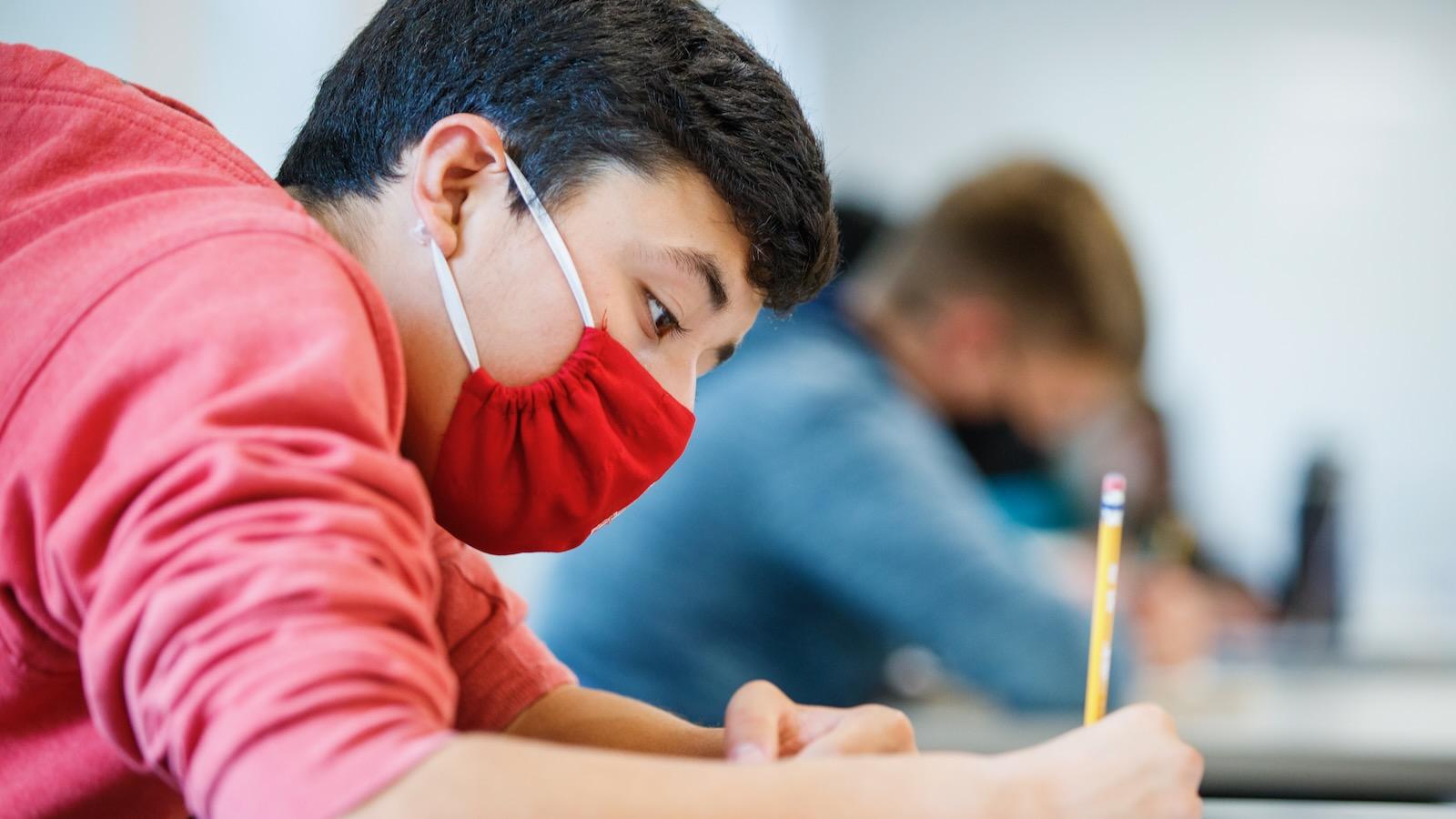Workshops led by Rachel Azima & Serenity Dougherty of the Writing Center along with Julia Remsik Larsen & Amy Ort of the Center for Transformative Teaching
Inclusive Teaching Through Writing
February 13, 2024 from 12:00-1:00 pm via Zoom or In-Person
In the classroom, instructors work with students from diverse backgrounds whose writing may diverge to a greater or lesser degree from what they tend to expect. Rather than considering this divergence a barrier to student success, this workshop invites participants to consider the benefits of fostering linguistic diversity. This workshop will introduce the framework of linguistic justice and challenge the idea of “Standard American English.” Participants will reflect on their own experiences of learning to write both within and outside academic contexts, and they will explore how they might begin applying principles of linguistic justice toward a more inclusive classroom. Participants will leave with a plan for at least one concrete change they will make to their teaching practices or assignment design with linguistic justice in mind.
Revising Course Materials Through an Inclusive Framework
February 27, 2024 from 12:00-1:00 pm via Zoom or In-Person
Assigning and assessing written work can be challenging for instructors. Identifying learning outcomes and preparing students for success often requires instructors to think carefully and critically about what their expectations are for student expression and whether they have given students the resources they need to meet those expectations. This workshop will highlight key considerations for instructors developing equitable and achievable writing assignments. After reviewing the foundational principles of linguistic justice, participants will work together to review existing or planned course materials and to make revisions that reflect commitments to inclusive teaching. Participants should bring a syllabus, assignment, rubric, or ideas for future courses or assignments. This workshop builds on the previous linguistic justice workshop, but participants need not have attended the first workshop to benefit from the second.
Topics
